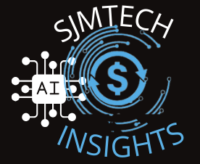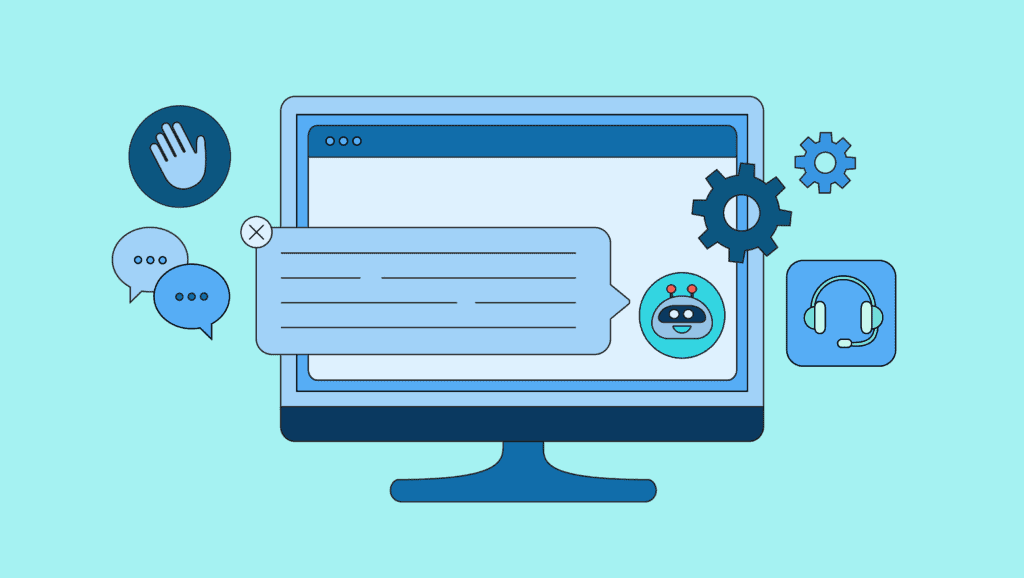In a world fueled by technological advancements, the emergence of artificial intelligence (AI) has brought about significant changes across various domains. One of the areas profoundly affected by AI is cybersecurity. The integration of AI, particularly exemplified by ChatGPT, has raised both opportunities and challenges in the realm of digital security. In this article, we will delve into the multifaceted impact of ChatGPT and the new AI on cybersecurity, exploring its implications, advantages, and potential risks.
The Rise of AI in Cybersecurity
Embracing Automation for Threat Detection
The utilization of AI, including ChatGPT, in cybersecurity has revolutionized threat detection. AI-driven algorithms can swiftly analyze colossal volumes of data, identifying patterns and anomalies that might elude human detection. This proactive approach enables organizations to counteract potential cyber threats before they materialize into full-blown attacks.
Enhancing Incident Response with AI
AI’s capability to comprehend and contextualize threats has streamlined incident response. ChatGPT, powered by sophisticated algorithms, can offer real-time guidance to security personnel, assisting them in making informed decisions during critical moments. This synergy between human expertise and AI-driven insights results in a more efficient and effective response to cyber incidents.
The Advantages and Innovations
AI-Driven Predictive Analysis
Predictive analysis, fortified by AI, empowers cybersecurity professionals to anticipate future threats based on historical data. ChatGPT can assist in identifying vulnerabilities and suggesting preemptive measures, fortifying digital defenses and minimizing potential risks.
Tailored Security Solutions
AI facilitates the creation of personalized security solutions for businesses. By understanding an organization’s specific infrastructure and needs, ChatGPT can recommend tailor-made cybersecurity strategies, optimizing resource allocation and overall protection.
Mitigating Zero-Day Vulnerabilities
Zero-day vulnerabilities, often exploited by cybercriminals, can be mitigated using AI. ChatGPT’s ability to rapidly comprehend the nature of these vulnerabilities and propose immediate patches plays a pivotal role in maintaining a secure digital environment.
Navigating the Challenges
Ethical Considerations in AI Security
As AI gains prominence in cybersecurity, ethical concerns arise. The decision-making capacity of AI, including ChatGPT, prompts questions about accountability and unintended biases. Striking a balance between AI-driven automation and human oversight becomes imperative to prevent potential breaches.
Adversarial Attacks and AI
The introduction of AI also paves the way for adversarial attacks. Cybercriminals can manipulate AI models, such as ChatGPT, by exploiting their vulnerabilities. This calls for continuous model fortification and stringent security measures to safeguard against such attacks.
The Road Ahead: Future Implications
AI-Powered Cybersecurity Ecosystem
The integration of ChatGPT and AI into the cybersecurity ecosystem is bound to evolve further. Predictive analytics, threat intelligence, and autonomous defense mechanisms will define the future landscape, necessitating ongoing adaptation and innovation.
Human-AI Collaboration
The symbiotic relationship between humans and AI in cybersecurity will deepen. While AI accelerates processes and augments decision-making, human intuition and critical thinking remain invaluable in interpreting complex situations and devising holistic strategies.
Conclusion
In the era of evolving digital threats, ChatGPT and the new AI have undoubtedly disrupted the cybersecurity landscape. Their infusion has led to unprecedented advancements and challenges alike. Embracing the potential of AI while addressing its ethical and security implications will determine the effectiveness of our defense mechanisms. Striving for synergy between human expertise and AI-driven insights is the key to building a resilient and adaptive cybersecurity paradigm.
FAQs
Q1: Can AI completely replace human cybersecurity professionals?
No, AI can enhance cybersecurity processes, but human expertise remains essential for nuanced decision-making and interpreting complex threats.
Q2: How does AI help in preventing zero-day vulnerabilities?
AI, like ChatGPT, can rapidly identify and recommend patches for zero-day vulnerabilities, minimizing the window of opportunity for potential attacks.
Q3: What are adversarial attacks in the context of AI security?
Adversarial attacks involve exploiting vulnerabilities in AI models, like ChatGPT, by feeding them manipulated input to produce incorrect or unintended output.
Q4: How can organizations ensure ethical AI use in cybersecurity?
Organizations can ensure ethical AI use by implementing transparent AI development practices, addressing biases, and maintaining human oversight.
Q5: What is the future of AI-integrated cybersecurity?
The future entails a comprehensive AI-integrated cybersecurity ecosystem, combining predictive analytics, autonomous defense mechanisms, and human-AI collaboration to combat evolving threats.




